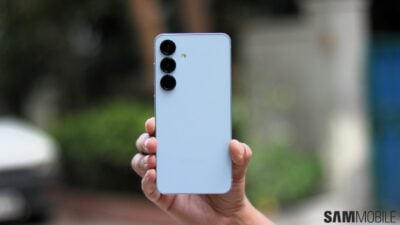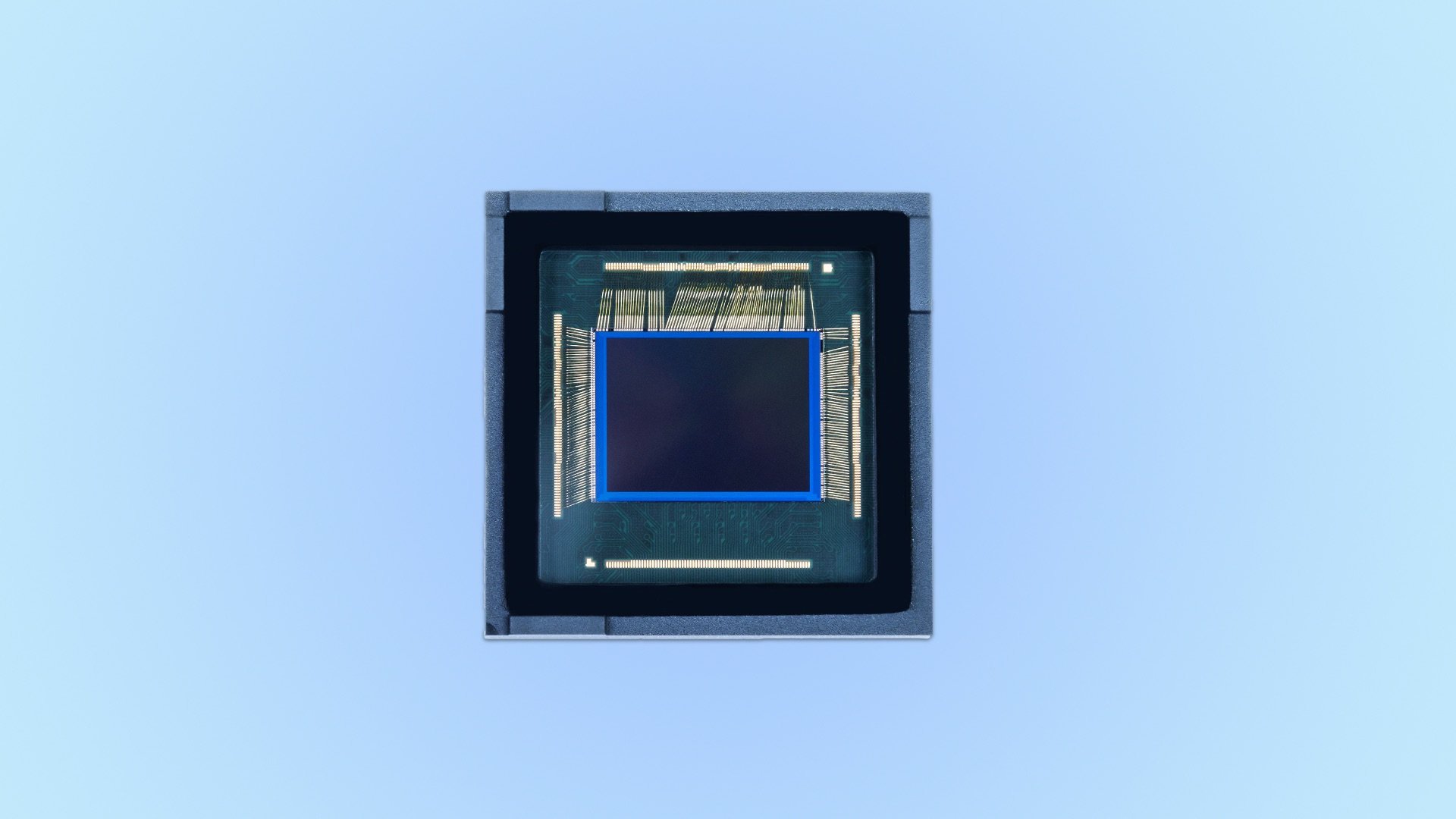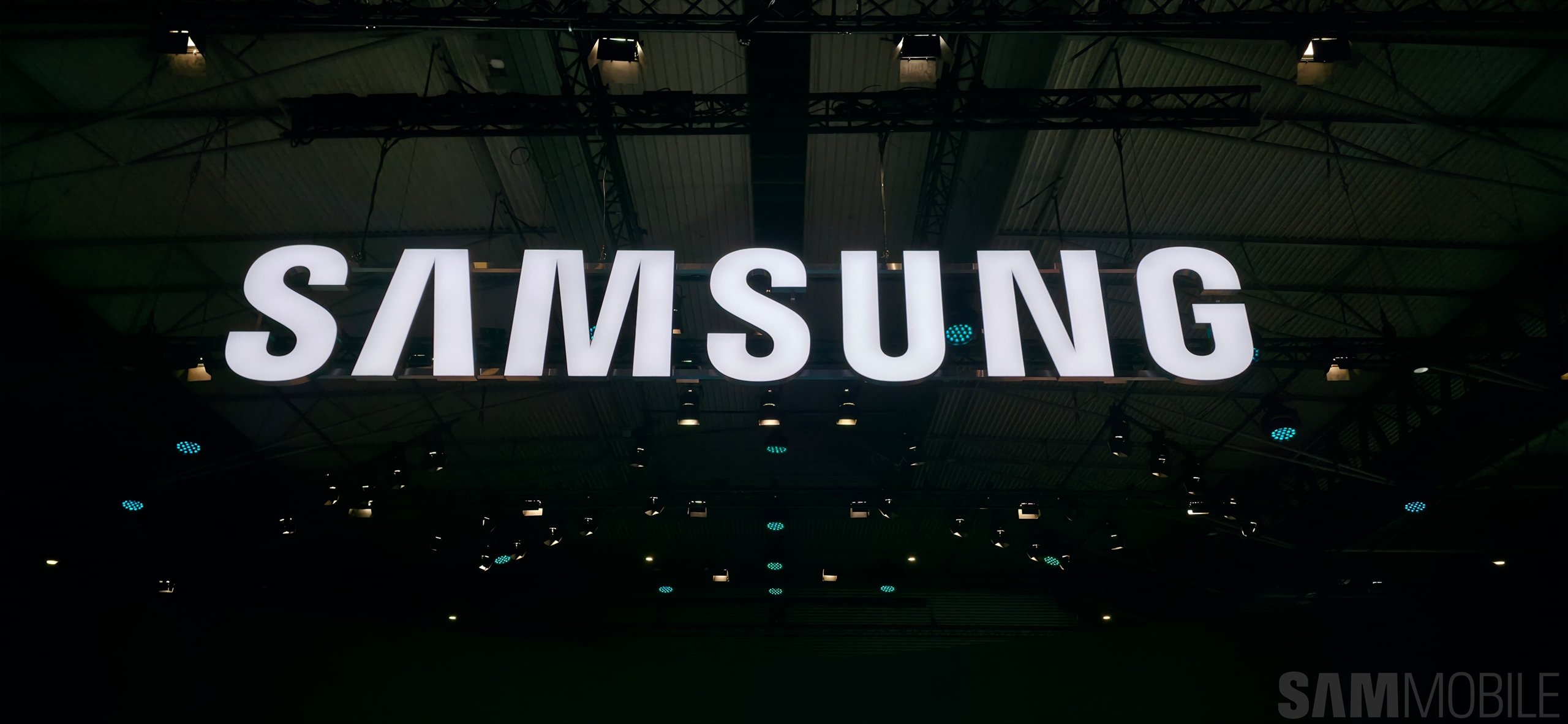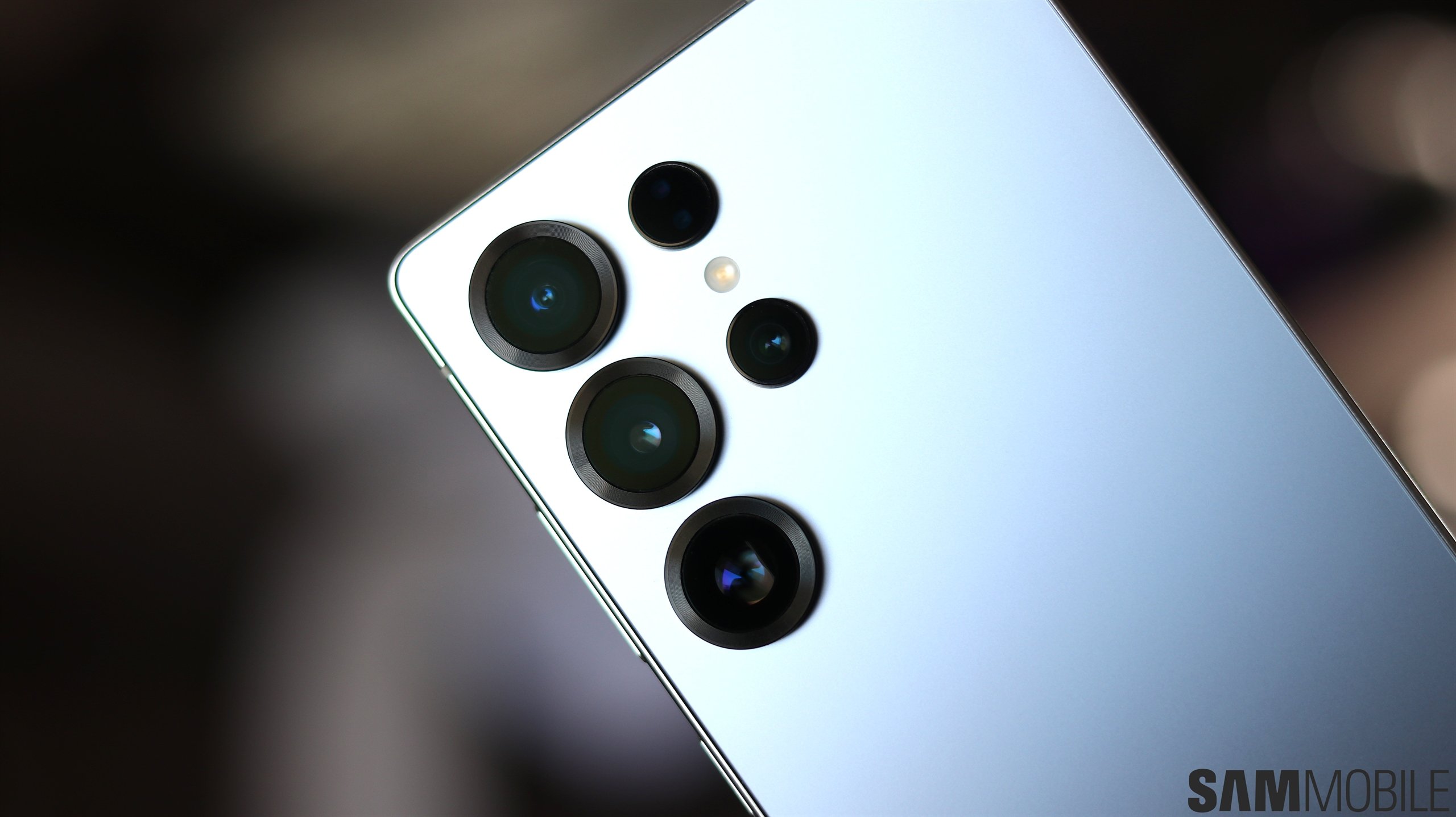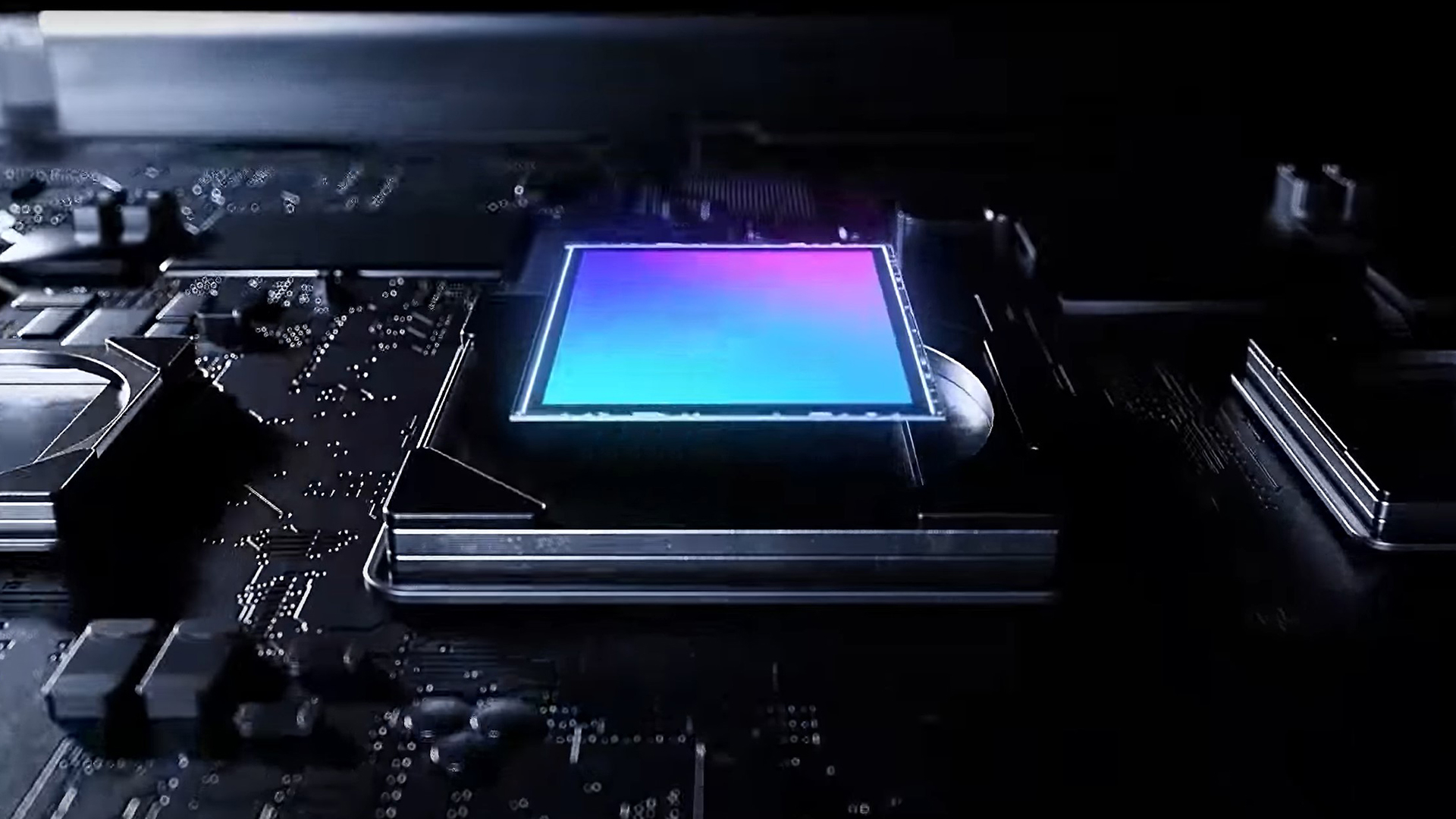
The South Korean tech giant will reportedly sell 400 units of fabrication equipment to UMC, and the latter will use them to manufacture camera sensors, display driver ICs, and other components for Samsung. UMC is planning to manufacture 27,000 wafers per month at its Nanke plant in Taiwan, and mass production will begin in 2023. UMC had earlier mentioned that it plans to invest $1.5 billion this year for its manufacturing facilities, but that likely excludes the 400 pieces of equipment it got from Samsung.
Samsung is currently seeing high demand for its camera sensors, particularly its 50MP, 64MP, and 108MP sensors. It is closing the gap with Sony in terms of smartphone camera sensor market share. The company will reportedly launch a 200MP sensor in the near future, and it has already said that it is working on a 600MP sensor that exceeds the capabilities of a human eye.
According to market research firm TrendForce, TSMC was the biggest semiconductor firm in the foundry sector with a 54.1% market share, while Samsung ranked second with a 15.9% market share. Global Foundries (7.7%), UMC (7.4%), and SMIC (4.5%) ranked third, fourth, and fifth, respectively.














